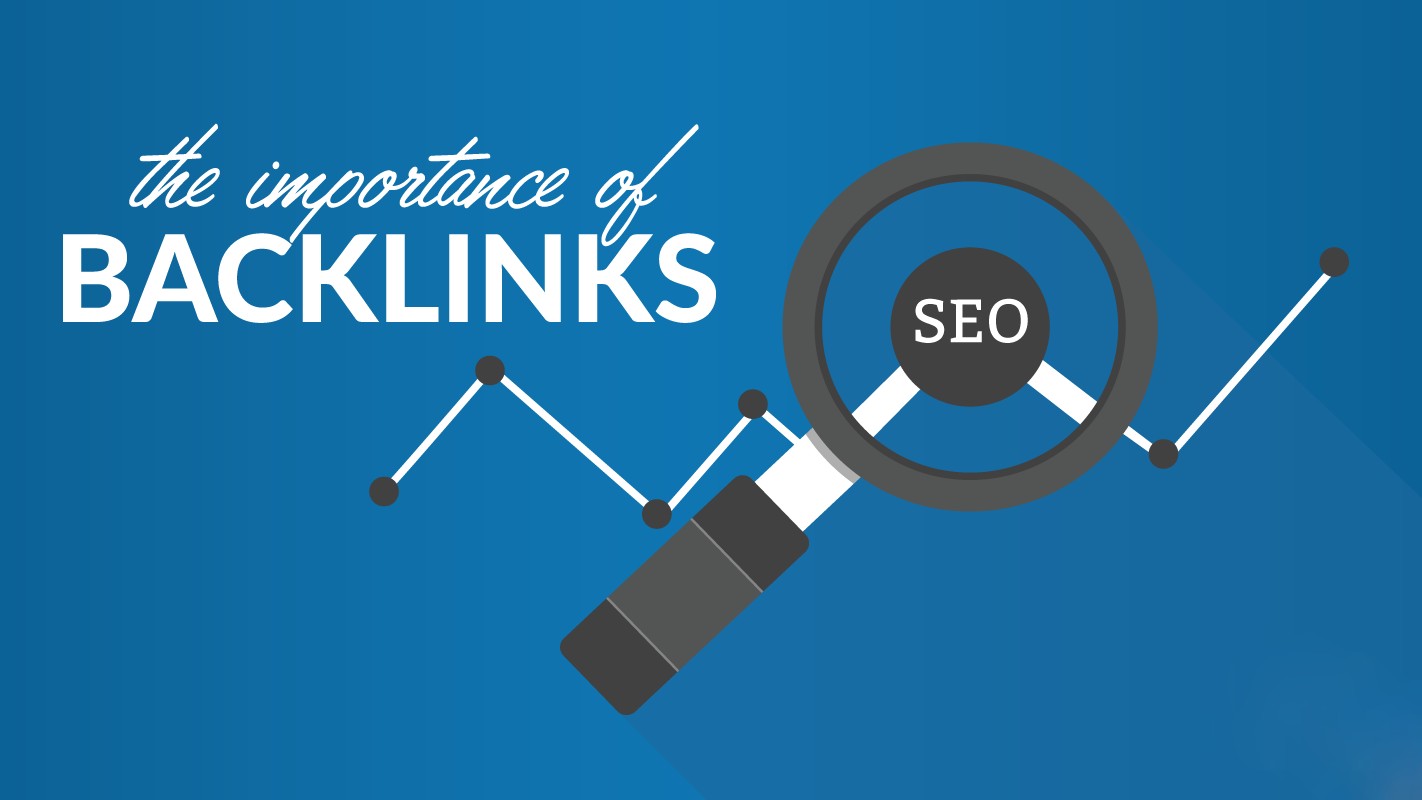The Link Between Indexing and Ranking: How Backlinks Influence Search Results
Search engine optimization (SEO) is a complex and ever-evolving field that requires a deep understanding of various factors that influence website rankings. While there are several on-page and off-page optimizations that websites can perform, backlinks are undoubtedly one of the most critical aspects of a successful SEO strategy. Backlinks serve as an essential indicator of a website’s authority and reliability. Given their significance, it is no surprise that search engine algorithms use backlinks as a key factor in determining a web page’s rankings.
Backlinks, also known as inbound or incoming links, are links from other websites that point to your website. Search engines consider these links as “votes” for your website, indicating that other sites consider your content as useful, informative, or valuable. Backlinks can be both internal, i.e., links from one page to another within your website, and external, i.e., links from other websites. However, external backlinks are more crucial from an SEO perspective, as they serve as an endorsement from other sources.

Understanding the Basics: The Role of Indexing
To comprehend the link between indexing and search rankings, it is essential to understand how search engines organize and catalog web pages. Search engines employ a process called “crawling and indexing” to systematically navigate the vast landscape of the internet and retrieve relevant information for users.
Crawling is the initial step in this process, where search engines use specialized bots, known as “crawlers” or “spiders,” to explore and follow links across the web, you can learn about link building metrics here. These crawlers start by visiting a few web pages and then gradually move to other interconnected pages, creating a network of interconnected links. The primary purpose of this crawling process is to locate and identify new web pages, which can be accomplished through the discovery of links from other websites or through XML sitemaps submitted by website owners.
After the crawling process, search engines proceed to index the discovered web pages. Indexing involves analyzing the content of each web page, extracting relevant information, and storing it in a structured database known as the search engine’s index. This index serves as a massive catalog of all web pages that the search engine has encountered and analyzed.
The index facilitates efficient retrieval of search results when users perform a search query. Instead of scouring the entire web in real-time, search engines consult their indexes to provide speedy and relevant results. By matching the keywords or user queries with the stored information in the index, search engines can generate a list of web pages that are likely to satisfy the user’s search intent.
The Influence of Backlinks on Indexing
Backlink index checker play a pivotal role in the indexing process and significantly affect a website’s visibility in search engine results. Search engines view backlinks as signals of a web page’s relevance, authority, and popularity. The presence of high-quality backlinks indicates to search engines that other websites consider the linked page as valuable and trustworthy, prompting search engines to prioritize its indexing.
When search engines encounter a backlink to a web page, they follow that link and crawl the linked page. This process often leads to the discovery of new web pages that search engines might not have otherwise found through traditional crawling methods. Backlinks essentially serve as gateways for search engine crawlers, allowing them to access and index pages more efficiently. Without backlinks, search engines would rely solely on traditional crawling techniques, potentially taking longer to discover and index new web pages.
Furthermore, backlinks contribute to the speed and depth of indexing for a website. When a page has a substantial number of high-quality backlinks from reputable sources, search engines interpret this as a strong indication of its importance and authority. As a result, these pages are often crawled and indexed more frequently, ensuring that any updates or new content are quickly reflected in search engine results.
Factors Affecting Backlink Influence
While it is clear that backlinks are essential for a website’s search ranking, several factors can influence how much value they provide. Here are some factors that website owners should consider when building a backlink profile:
Anchor Text
Anchor text is the clickable text that appears in a hyperlink. Search engines use anchor text to determine the relevance and context of the linked page. If the anchor text matches the page’s target keyword, it can signal to the search engine that the page is an authoritative source on that topic. However, excessive use of exact match anchor text can be viewed as manipulative and can lead to penalties, so website owners should aim for a natural and varied anchor text distribution.
Diversity of Linking Domains
Having backlinks from a diverse range of domains can increase a website’s credibility and authority. Search engines view a link from a new website as a stronger endorsement than a link from a website that has already linked to the same target page. A diverse backlink profile also signals to search engines that a website is providing valuable content that is relevant to a broad audience.
Contextual Relevance
The context in which backlinks are embedded is also crucial. If a backlink appears in content that is related to the linked page’s topic, it is viewed as more valuable than a backlink from content that is unrelated or has no context. For example, if a backlink to a web design company appears in a blog post about website design trends, it is more valuable than a backlink from a random forum post.
Authority of Linking Domains
As mentioned earlier, backlinks from authoritative sources carry more weight in search engine algorithms. High-authority domains are typically those that have a strong online presence, consistently produce high-quality content, and have a lot of traffic and social media engagement. A backlink from such a domain is viewed as a strong endorsement and can contribute significantly to a website’s search ranking.
Editorial Discretion
Finally, it is worth noting that search engines also factor in the editorial discretion of linking websites when assessing the value of a backlink. If a website links to a page organically, without a prior agreement or exchange of incentives, the search engine views it as a more natural and valuable endorsement. In contrast, backlinks that are exchanged for money or other incentives are viewed as manipulative and can lead to penalties.
Many factors influence how backlinks affect a website’s search ranking. While it is essential to focus on building a diverse and high-quality backlink profile, it is also crucial to consider the context in which backlinks appear and the editorial discretion of linking websites. By doing so, website owners can create a backlink profile that provides long-term value and contributes to sustained search rankings.

Best Practices for Backlink Optimization
To optimize your backlinks and improve indexing and search rankings, here are some best practices to follow:
Build High-Quality Backlinks: Focus on earning backlinks from authoritative and relevant websites. Create valuable and shareable content that naturally attracts links. Engage in outreach efforts to connect with other website owners and influencers in your niche, offering them valuable content or collaboration opportunities that can lead to backlinks.
- Conduct Regular Backlink Audits: Regularly audit your backlink profile to identify any low-quality or spammy backlinks that could harm your website’s ranking. Use tools like Google Search Console or third-party tools to analyze and monitor your backlinks. Disavow or remove any toxic backlinks that you find to maintain a healthy link profile.
- Stay Informed about Algorithm Changes: Search engine algorithms evolve constantly. Stay up to date with the latest changes to understand what search engines value in backlinks. Follow reputable SEO websites and webmaster forums to keep informed of algorithm updates and industry best practices.
- Foster Organic Link Growth: Aim for organic link growth by focusing on creating high-quality content and promoting it to relevant audiences. Encourage social sharing and engagement with your content, as social signals can indirectly contribute to backlink growth. By nurturing an engaged online community and providing valuable resources, you increase the chances of attracting natural backlinks.
- Maintain a Natural Backlink Profile: Avoid manipulative practices such as buying backlinks or participating in link schemes. Instead, focus on building a diverse and natural backlink profile. Aim for a mix of high and low authoritative domains, a variety of anchor text, and a balance of dofollow and nofollow links. A natural backlink profile helps to establish trust and credibility with search engines.
By following these best practices, you can optimize your backlink strategy and increase the chances of attracting high-quality backlinks. Remember to continuously monitor and adjust your approach based on changes in search engine algorithms and industry trends. Building a strong backlink profile takes time and effort, but with a strategic and ethical approach, you can enhance your website’s indexing and search rankings.



